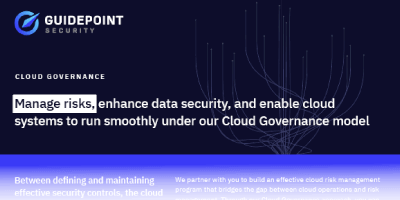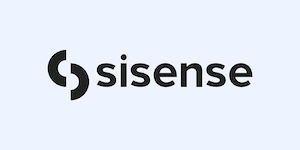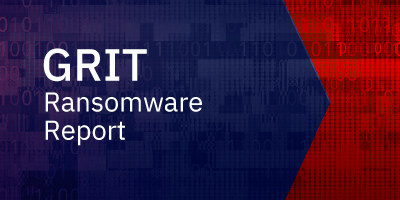Microsoft reveals increase in Iranian cyberattacks and influence operations following Hamas attack on Israel
February 8, 2024 – Published on Industrial Cyber
Following the October 2023 attack by Hamas on Israel, Microsoft disclosed that there has been a noticeable increase in cyberattacks and influence operations carried out by Iranian government-aligned actors. The objective of these activities is to support Hamas and undermine Israel, as well as its political allies and business partners. While some of Iran’s initial operations were disorganized and rushed, suggesting a lack of coordination with Hamas, they have nonetheless experienced a growing level of success.
The research identified four findings, including a 42 percent increase in traffic, in the first week of the war, to news sites run by or affiliated to the Iranian state. Even three weeks later, this traffic was still 28 percent above pre-war levels. Despite early Iranian claims, many ‘attacks’ in the early days of the war were either ‘leaking’ old material, using pre-existing access to networks, or were false.
Commenting on the Microsoft post, Christopher Warner, senior security consultant for OT governance and risk at GuidePoint Security, told Industrial Cyber that “the conflict in the Middle East is teaching us that a reactive approach to any security is a losing battle for business today, so why are we not solving this? The resource allocations from business owners, large and small, the board of directors, and the C-suite need advisory resources to help validate what some call the New World War.”
In the early stages of the conflict, Iranian cyber and information operations (IO), Warner added that “they appeared to be more reactive than proactive. Evidence accumulated as the conflict continued over three months, indicating a shift in Iranian tactics. This shift saw a significant increase in both cyber and influence operations aimed at opposing Israel, suggesting a move from a primarily reactive posture to a more engaged and active strategy in the cyber domain, aligning their efforts more closely with the ongoing conflict dynamics.”
Read More HERE.




























